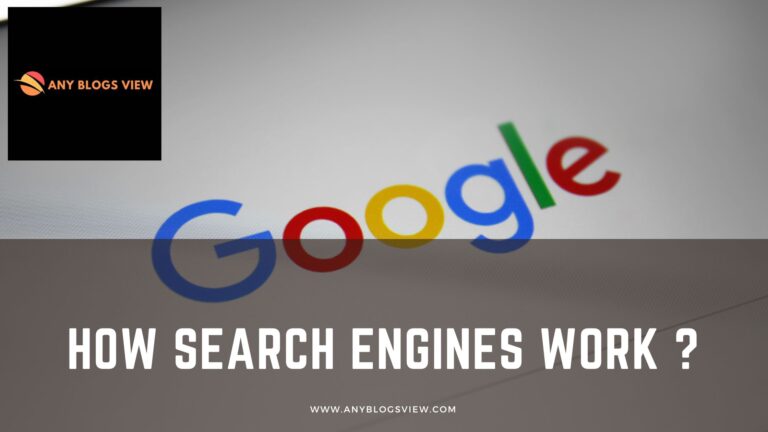
Contents
The internet is a vast place where there’s unlimited information. At that place, search engines work like a free one-stop shop! It guides us towards what we are trying to reach. But have you ever tried to find out how they work? Want to know what’s going on behind the scenes? Let us take you for the ride and show you behind the scenes!
The Crawler: Discovering the Web
So, how does it all begin? From tireless, restless and non-stop research by digital spies i.e., crawlers. The search through the internet follows links and goes from one web page to another web page to find all the new and updated information.
Can you imagine the amount of information they collect this whole time? Every web page is scanned, and every relatable content, link, and redirects are scanned just in search of the updated, high quality and valuable content.
They start with some well-known, high-quality websites and see them as the seed websites for further discoveries. The crawlers then understand the content and analyze these seed websites. Whenever they find a link, they follow it and add the discovered pages to their queue.
The same process continues and the constant discoveries, link following and adding them to the queue goes on.
The Index: Knowledge Vault
Now that you know how much crawlers discover, be aware that they don’t just pile up everything, it would be considered spam then, right? Instead of just piling all of it blindly, they are stored according to their relevance and quality in indexes. Want to know what happens in indexing?
Firstly, and most importantly, the crawler doesn’t copy the content available on websites. They try to understand it. They try to understand it through the keywords, titles, heading and structure of the web page to get an idea of what it’s serving and how it helps the audience.
This understanding and knowledge lets the search engines create a systematic place for each page. The index is always in updating mode, whenever the webpage changes, the crawlers crawl it again, whenever a new page is discovered, the index is updated and this process goes on without any break.
The Ranking Process
Now is the turn of the most important step: deciding which web pages deserve to be at the top of the search engine result pages for a specific query. This is where the search engine’s mysterious happenings take place – the ranking algorithm. While the exact information or procedures of these algorithms aren’t revealed openly, we do know some of the main elements they look for –
Relevance: It tries to analyze how well the content of the web page serves the user’s intent and needs. Search engines use many complex algorithms to understand the query and the webpage content to grasp its relevance.
Authority: It takes steps to find if the web page is from a credible and trustworthy source. Search engines consider factors like backlinks (links from other websites) to know a web page’s authority.
User Experience: it looks for if the webpage provides a good user experience. Factors like mobile-friendliness, page loading speed, and bounce rate (how many visitors leave quickly) can all affect ranking.
Personalisation: Search engines use all your information to know more about you and it may personalize results based on your location, search history, and other factors.
Conclusion
Whenever you enter a query in the search bar, the search engine switches into action mode. It understands the intent of your search, matches your query with the index to find all the relevant results, ranks them based on their quality and relevancy and finally, delivers them to you in a matter of seconds.
Even after all this, they are continuously updating and upgrading to provide users with a more enhanced and wonderful experience. It tries to personalize the results to make it all easier for you.We should understand how search engines work and encourage you to become a more effective searcher and knowledgeable. By using the right keywords, understanding how search engines work, and looking at the personalisation features, you can enter your search queries and search through the vast library of information easily.